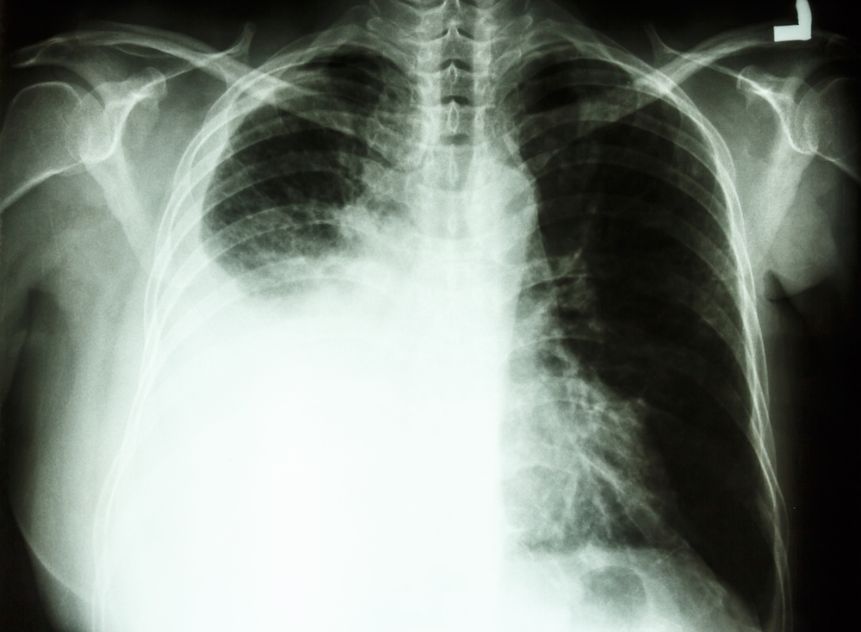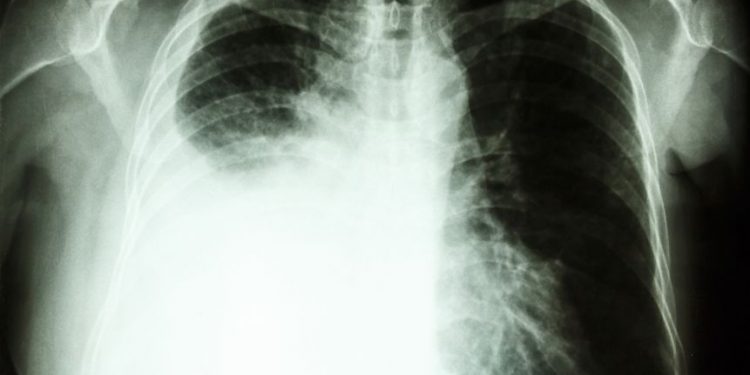If your cancer has reached stage 4, it’s likely that it’s advanced and has spread to other parts of the body. While there’s no cure for this stage, treatment can relieve symptoms and extend life. There are many different options for treating your lung cancer at this stage, and the type of treatment you choose depends on what kind of cancer you have and how it’s spread.
Non-small cell lung cancer (NSCLC) at this stage has typically spread to one or more lymph nodes near the lung, and possibly to distant areas of the body, such as the brain. It’s important to note that not all patients who have NSCLC at stage 4 experience the same symptoms. Some people have very mild symptoms, while others have more severe ones. Your symptoms can also depend on your overall health, how far the cancer has spread and what genes it has mutated to feed itself.
The prognosis for NSCLC at stage 4 is very poor, but the outlook can improve with new treatments and clinical trials. Five-year survival rates are generally low, but remember that these statistics have a lag time because it can take years for doctors to see how patients respond to treatment.

For NSCLC at stage 4 that has spread to distant sites, systemic treatment is most often used. This can include chemotherapy, immunotherapy and/or targeted therapy. Doctors determine which drugs to use for each patient by looking at the specific changes in their cancer cells. These drugs attack certain molecules found in cancer cells but largely leave normal cells alone. Examples of targeted therapies used in NSCLC at stage 4 include crizotinib (Xalkori) for ALK rearrangement-positive NSCLC, and pemetrexed (Alkerane) for EGFR mutation-positive NSCLC.
At this stage, treatment focuses on blocking the cancer’s growth and relieving symptoms. Your health care team may discuss palliative care as well.
In some cases, especially with limited-stage SCLC that has not spread beyond the lungs, surgery or radiation may be enough to cure the cancer at this stage. However, for SCLC that has spread to other parts of the body, it is most often beyond curative methods and a health professional would recommend palliative care instead.
Lung cancer at any stage can have a profound impact on a person’s mental health. If you are feeling down, reaching out to friends and family or joining a support group can help. It’s also important to talk openly with your health care team about your emotions. It’s normal to feel sad and anxious, but it’s essential to get the help you need.









